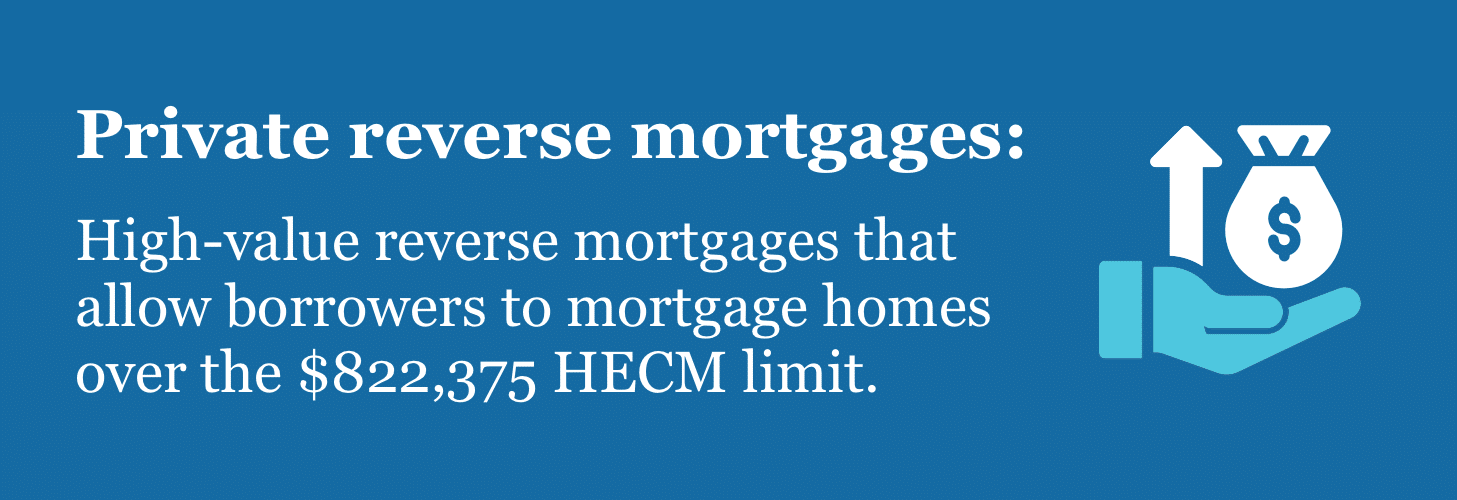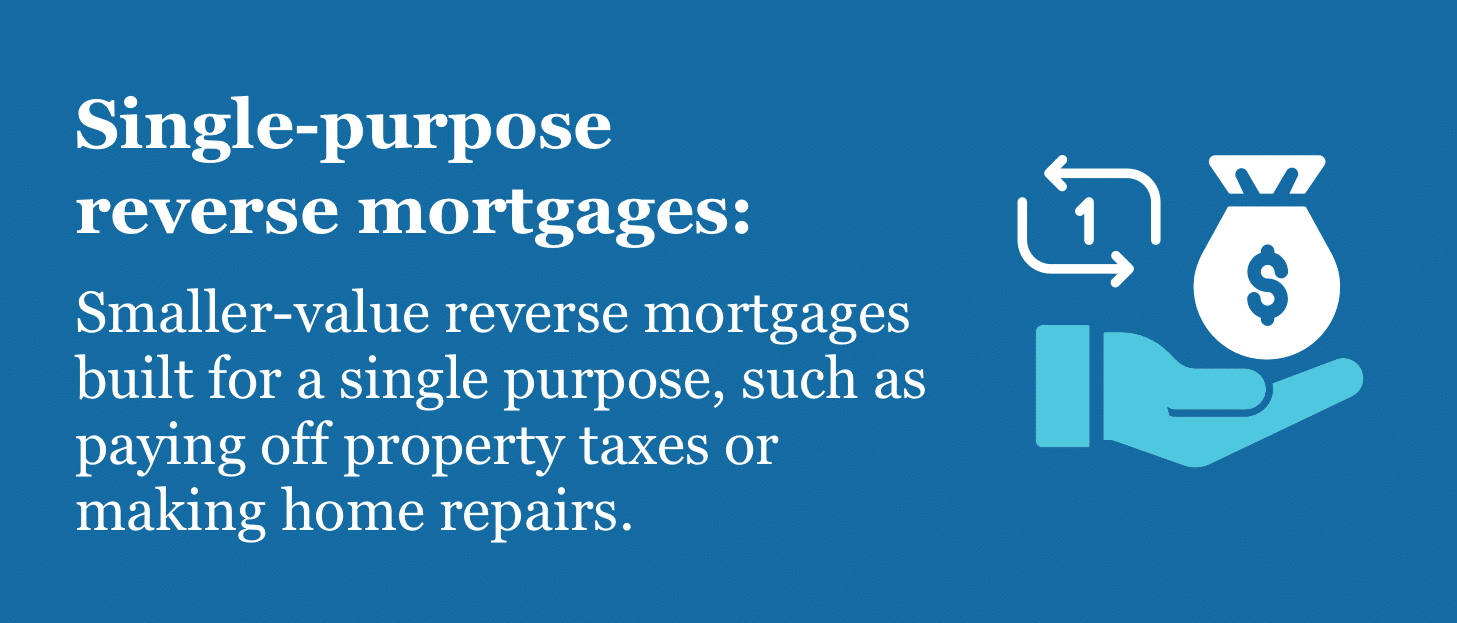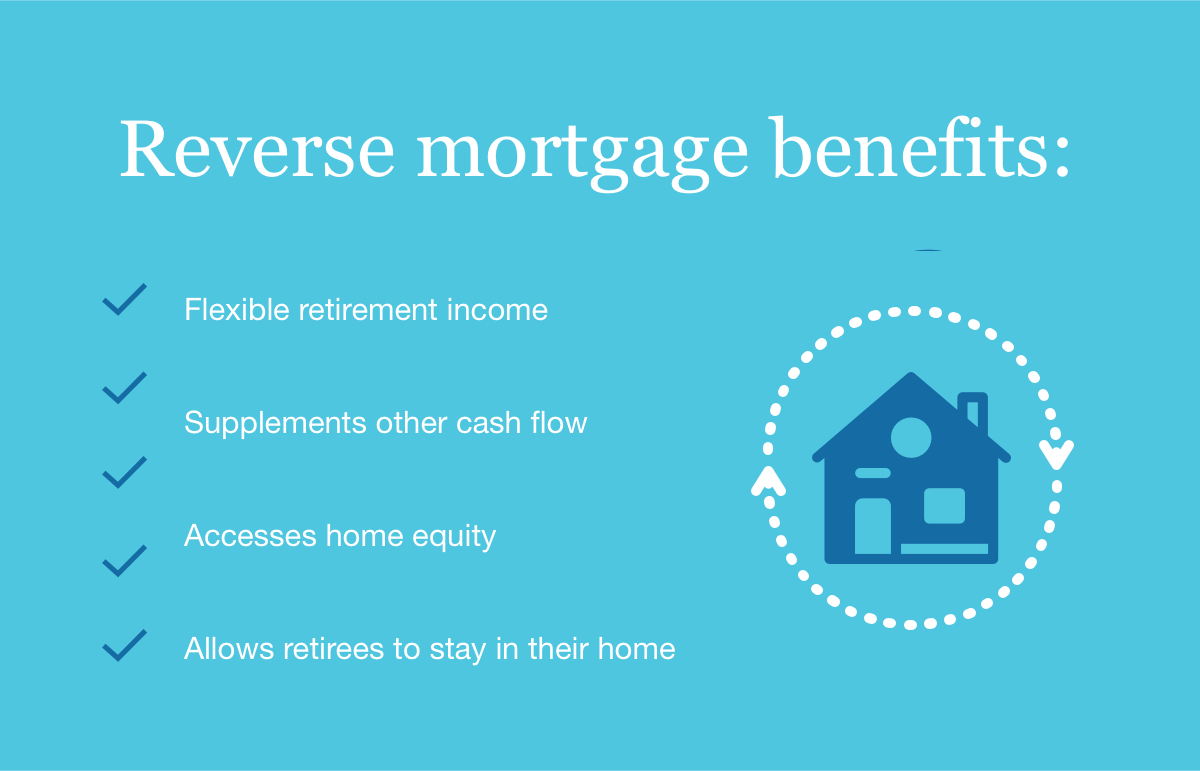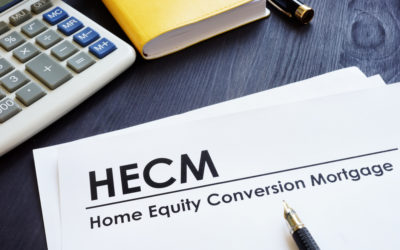Are There Different Types of Reverse Mortgages?
Reverse mortgages are a great retirement solution for many homeowners. They allow you to access a portion of your home’s equity as cash payments, a lump sum, or a line of credit. This helps many people fund their retirement when other forms of retirement income might not be enough.
But, did you know that there are actually different kinds of reverse mortgages to choose from? Depending on your financial situation and the home you own, you may be interested in different kinds of reverse mortgages. There are main categories of reverse mortgage to think about. In this post, we’ll walk you through them, so you have a better idea of what financial product best suits your retirement plans.
Key Takeaways
- There are 3 types of reverse mortgage: Home Equity Conversion Mortgages (HECM), private reverse mortgages, and single-purpose reverse mortgages.
- HECMs are FHA-backed and allow borrowers over 62 to access up to $970,800 in home equity as a lump sum, monthly payments, or line of credit.
- Private reverse mortgages are not federally-backed, and allow borrowers to access value in homes appraised at a value higher than the HECM limit.
- Single-purpose reverse mortgages allow borrowers to fund specific projects or repay specific debts, and are often found through non-profits and government agencies.
- Finding the right reverse mortgage product for you depends on your purposes, home type, financial situation, and preferences.
Read through this guide for a full explanation of the various kinds of reverse mortgage you’ll encounter on the market. Or, select one of the topics below to jump straight to the type of reverse mortgage loan you might be interested in.
- Home Equity Conversion Mortgages (HECM)
- Private Reverse Mortgages
- Single-Purpose Reverse Mortgage
- What to Consider When Shopping for Reverse Mortgages
How many reverse mortgages are there to consider? Let’s look at the 3 categories.
Home Equity Conversion Mortgages (HECM)
HECM loans are one of the most popular types of reverse mortgage. That’s because they’re a great way to fund retirement, and come with a government-backed, Federal Housing Administration (FHA) regulated process to ensure that buyers are getting a fair deal. At GoodLife, we offer HECM loans as our primary product, allowing retirees to access the equity in their homes at excellent rates.

How do HECM loans work? If you own your home, or you own a significant amount of equity in your home, you may be able to use that equity as a way to fund retirement expenses. (Note: equity is the amount of value in your home that you own, rather than the amount you may still owe to your mortgage lender).
When a homeowner purchases a HECM loan from a reverse mortgage lender like GoodLife, that equity becomes available to them as monthly payments, a lump sum of cash, or a line of credit. HECM loans are like traditional mortgages in that you borrow a portion of the amount that the home is worth. However, a HECM allows you to use the cash flow for various retirement-related expenses:
- Cost of living expenses, like groceries, utilities, and transportation
- Medical expenses, such as copays, deductibles, and at-home medical appliances
- Home repairs and renovations, such as accessibility modifications, or cosmetic improvements
- Hobbies and leisure, like eating out, traveling, or picking up a new craft
The way that you spend your HECM is up to you — however, it’s important to remember that it is still a loan. The loan becomes due and payable upon a maturation event. Qualifying events include selling the home, moving out of the home as your primary residence, or the owner of the home passing away.
In order to qualify for a HECM, you must meet a few eligibility requirements.
- You must be 62 years of age or older. If your spouse is younger than 62, you may still be eligible.
- You must own a significant amount of equity in the property. Typically, at least 50% equity in the home is required.
- The property must serve as your primary residence. Vacation homes, rentals, timeshares, and other non-primary residence properties do not qualify for a HECM. You can obtain a reverse mortgage on a condo, however, so long as it is your primary residence.
- You must meet with an FHA-approved counselor. The counselor will discuss options with the borrowers to ensure they are aware of the pros and cons of the HECM for their finances.
For more information on GoodLife’s reverse mortgages, check out our full HECM reverse mortgage guide.
Private Reverse Mortgages
As mentioned above, HECM loans come with a few different eligibility requirements. Because the program is backed by the FHA, HECM lenders must adhere to these requirements when building their loan products.

However, private reverse mortgages are not insured by the federal government. This allows private lenders to avoid many of the regulations that apply to HECM loans, and allows borrowers to obtain a reverse mortgage that they might not qualify for if they were applying for a HECM loan.
For example, one regulation in place on HECM loans is the $970,800 limit on claim amounts. While this may apply to federally-insured lending programs, that is not the case for purely private loans. Private loans above the HECM limit, often called jumbo reverse mortgages, are a way for high-value homeowners to access the benefits of a reverse mortgage, even if their home is valued at an amount above the HECM limit.
Note, however, that even though private reverse mortgages are not subject to many of the federal regulations governing HECM loans, individual lenders may still have their own requirements for borrowers. Often, these requirements mirror FHA requirements on HECM loans, such as the age minimum for borrowers.
Because there is no universal authority — like the FHA — overseeing requirements for private loans, it’s important to find a private reverse mortgage lender with a good reputation and a good process in place for issuing private reverse mortgages. GoodLife’s jumbo reverse mortgages offer many of the benefits and protections of our HECM program, so no matter your home’s value, you can still access the cash flow and financial freedom of a reverse mortgage.
Getting Started with Reverse Mortgages
If you’re looking to get started with a reverse mortgage, these articles can help guide you through all aspects of the process.
Guide to HECM Loan Reverse Mortgage Limits
Single-Purpose Reverse Mortgage
The reverse mortgages we’ve covered so far are intended to be general supplements to retirement income — but what if you only need a smaller reverse mortgage amount for a specific purpose? That’s where single-purpose reverse mortgages can be helpful.

Single-purpose reverse mortgages are similar to HECM loans in some ways, but differ in critical other ways. They are similar in that they use home equity to secure a loan for a certain amount, and in that they are not installment loans — they usually only become due and payable after a qualifying maturation event.
Single-purpose reverse mortgages differ in that they are single-purpose. Where a HECM loan can be used for anything from medical bills to fishing supplies, a single-purpose reverse mortgage must be borrowed with the intent to use it for one thing. Usually, this type of reverse mortgage is used on something like property taxes, home repairs, or home insurance premiums.
Single-purpose reverse mortgages are also usually for a smaller amount than a full HECM or jumbo reverse mortgage, as they are only intended to cover that one specific use. Because of their lower value and higher requirements, single-purpose reverse mortgages are often easier to acquire for borrowers than other forms of reverse mortgages. They are also often more desirable than a home equity loan, as they do not require repayment until a maturation event.

They are also harder to find, in many cases. Non-profits and government agencies are two of the most common places to find a single-use reverse mortgage. If you are uncertain whether a single-use reverse mortgage is right for your financial situation, you can always speak with a GoodLife Reverse Mortgage Specialist, who can walk you through your options.
What to Consider When Shopping for Reverse Mortgages
Shopping for a reverse mortgage can seem like a challenge — with a number of products available, it can be hard to know which is right for you. However, by narrowing down your options to the ones best suited for you, the decision can become much more straightforward.

Here’s what to consider when thinking about the 3 types of reverse mortgages:
- Purpose. What are you using the reverse mortgage for? For example, maybe you want to supplement your 401k disbursements with another revenue stream to cover general expenses that you encounter during retirement. In that case, a HECM may be best suited to your needs, as the cash flow provided by a HECM can be used on a diverse range of expenses. However, if you are using a reverse mortgage to repair your roof or pay off property tax debt, a single-purpose reverse mortgage will likely be a good option.
- Home type. If you have a standard single-family home worth under $800,000, an HECM may be ideal for your reverse mortgage needs. However, if you own a higher-value home (over the $970,800 HECM claim limit) a private reverse mortgage (sometimes called a jumbo reverse mortgage) may be the better option.
- Financial situation. For borrowers who have limited income streams, but high equity in their home, a HECM or private reverse mortgage might make more sense, as it allows them to unlock the equity in their home and increase their income. Those with lower value in their homes who face other home-related expenses might opt for a single-purpose reverse mortgage instead.
- Personal preference. Ultimately, the financial product you choose will also depend on how you want to spend your retirement and how you want to increase your cash flow. The types of reverse mortgage loans discussed in this article all help retirees live at home while collecting benefits, which is often more desirable than moving or downsizing.
If you’re unsure which of the 3 types of reverse mortgages may be right for you, you can always reach out to one of our skilled Reverse Mortgage Specialists — or start by downloading our free HECM guide. They can walk you through the benefits of a HECM or other reverse mortgages and help you decide what will help you live the GoodLife in retirement.
Sources:

 1-866-840-0279
1-866-840-0279



